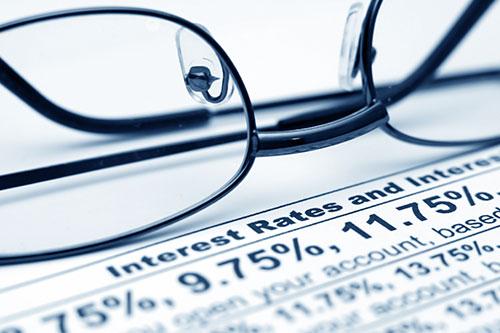How often have you heard mortgage lenders warn about imminent interest rate hikes? Since the economic crisis and subsequent recession in 2008, mortgage professionals have been able to constantly alert consumers about interest rates for one reason. As a response to the economic crash, the Federal Reserve lowered interest rates to nearly zero and have kept them historically low ever since. Economists have even created a new term for the policy: ZIRP (Zero Interest Rate Policy).
While number-crunchers, politicians, and economists will forever debate the Fed's actions in response to the housing market's collapse and the meltdown, what do today's economists think about ZIRP? Has it helped stave off the worst effects of the recession, or has it set up the nation for inflation (or both)? Bankrate.com asked the country's leading economists this very question and got responses ranging from unequivocal support for the policy to passionate cries that the Fed has laid the groundwork for a future crisis of its making.
Some common themes included supporters of the policy arguing that while inflation may be a concern, the greater worry was a "weak recovery," while others insisted that "fears of hyperinflation or a dollar plunge have been way overdone." Opponents of ZIRP noted that by keeping rates so low for so long, the Federal Reserve now has little recourse if suddenly faced with a new crisis. Additionally, some feared that with rates so low, investors have been willing to take on too much risk in search of higher yields. The final tally: out of 23 of the nation's top economic minds surveyed, eight support the zero interest policy, and 15 oppose.
For the potential homebuyer and seller, the upshot remains that when it comes to the housing market, timing is everything. While interest rates remain historically low, it won't last forever. Not only has current Fed chair Janet Yellen strongly hinted that rates will increase later this year, but it would seem most of the top economists agree that the Fed should raise rates.





